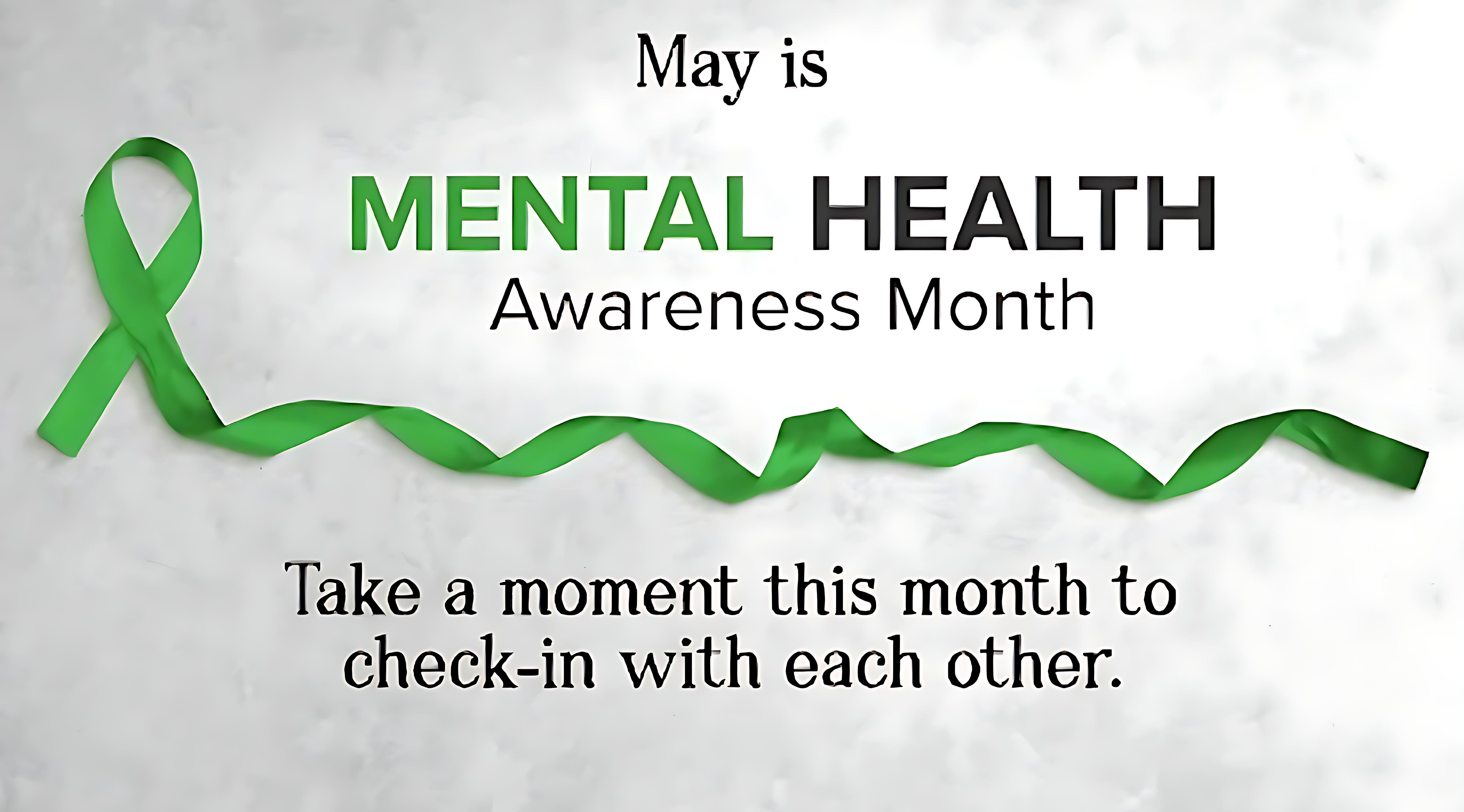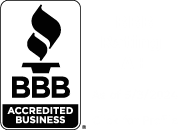May is Mental Health Awareness Month, a time dedicated to raising awareness about mental health issues, promoting well-being, and breaking the stigma associated with mental health conditions. Since its inception in 1949, this month has been a driving force in addressing the challenges faced by millions of individuals living with mental health conditions [1].
The Importance of Mental Health Awareness
Mental health is essential for overall well-being at every stage of life. Regardless of age, background, or experience, prioritizing mental health strengthens individuals, families, and communities [2]. Mental Health Awareness Month serves as a reminder that mental health care is crucial and should be accessible to everyone.
Key Themes for 2025
This year, the theme for Mental Health Awareness Month is “In Every Story, There’s Strength” [1]. This theme highlights the resilience and diverse experiences that shape mental health journeys within our community. It celebrates the power of storytelling to fuel connection, understanding, and hope for those navigating their own mental health path.
Weekly Focus Areas
Throughout May, different focus areas are highlighted to address specific aspects of mental health:
- Supporting Older Adults’ Mental Health (Week 1: May 1-3)
- As we age, life changes can impact our mental health. Open conversations and mental health care can enhance quality of life, independence, and social connections for older adults [2].
- Building Strong Foundations for Children’s Mental Health (Week 2: May 4-10)
- Early mental health support, resilience, and self-care are crucial for children and teens. Supportive families, communities, and resources help lay the groundwork for lifelong well-being[2].
- Promoting Workplace Mental Health (Week 3: May 11-17)
- Creating a supportive work environment is essential for employee well-being. Encouraging open discussions about mental health and providing resources can foster a healthier workplace [2].
- Enhancing Mental Health in Marginalized Communities (Week 4: May 18-24)
- Addressing the unique mental health challenges faced by marginalized communities is vital. Promoting equity and access to mental health care can help bridge gaps and support these communities [2].
- Fostering Mental Health Through Physical Activity (Week 5: May 25-31)
- Physical activity plays a significant role in mental health. Encouraging regular exercise can improve mood, reduce stress, and enhance overall well-being [2].
How to Get Involved
There are many ways to participate in Mental Health Awareness Month and make a difference:
- Share Your Story: Personal stories are powerful tools for breaking stigma and fostering connection. Share your mental health journey through videos, messages, or social media posts using the hashtag #MHAM2025 [1].
- Spread Awareness: Use social media to share information, graphics, and messages about mental health. Tag organizations like NAMI (@NAMICommunicate) to join the conversation [1].
- Advocate for Change: Support policies and initiatives that promote mental health care and accessibility. Advocacy can lead to meaningful changes in how mental health is addressed in society [1].
- Participate in Events: Join virtual or in-person events focused on mental health education, support, and community building. These events provide opportunities to learn, connect, and contribute to the mental health movement [1].
Conclusion
Mental Health Awareness Month is a crucial time to prioritize mental health, support those affected by mental health conditions, and work towards breaking the stigma. By sharing stories, spreading awareness, and advocating for change, we can create a more supportive and understanding world for all.
Let’s embrace the strength found in every story and work together to promote mental health and well-being.
[2]: SAMHSA Mental Health Awareness Month Toolkit [1]: NAMI Mental Health Awareness Month Campaign
References







